The Hours
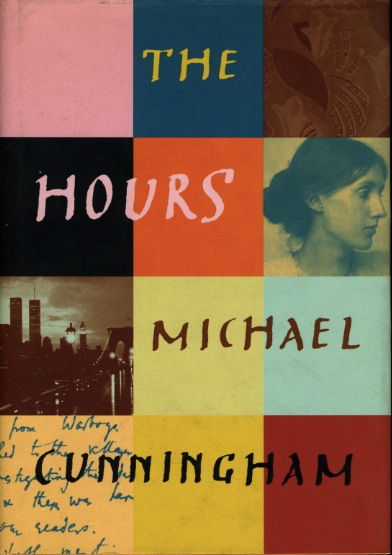 The Hours by Michael Cunningham (1998). This Pulitzer Prize–winning novel describes three women whose lives resonate with Virginia Woolf’s novel Mrs. Dalloway.
The Hours by Michael Cunningham (1998). This Pulitzer Prize–winning novel describes three women whose lives resonate with Virginia Woolf’s novel Mrs. Dalloway.
 The Hours by Michael Cunningham (1998). This Pulitzer Prize–winning novel describes three women whose lives resonate with Virginia Woolf’s novel Mrs. Dalloway.
The Hours by Michael Cunningham (1998). This Pulitzer Prize–winning novel describes three women whose lives resonate with Virginia Woolf’s novel Mrs. Dalloway.
 The House of Breath by William Goyen (1950). Poetic, serpentine prose becomes cascades of memory and emotions in this story of a man who returns to his tiny hometown of Charity, Texas.
The House of Breath by William Goyen (1950). Poetic, serpentine prose becomes cascades of memory and emotions in this story of a man who returns to his tiny hometown of Charity, Texas.
 The House of Mirth by Edith Wharton (1905). Caught up in the web of old New York society, Lily Bart angles for a wealthy husband. Though presented with ample opportunity, the beautiful and well-connected Lily rejects one man after another as not rich enough, including her true love, Laurence Stern.
The House of Mirth by Edith Wharton (1905). Caught up in the web of old New York society, Lily Bart angles for a wealthy husband. Though presented with ample opportunity, the beautiful and well-connected Lily rejects one man after another as not rich enough, including her true love, Laurence Stern.
 The Human Stain by Philip Roth (2000). Mentioning two students who never come to class, seventy-one-year-old professor Coleman Silk asks, “Do they exist or are they spooks?” The students are black, and Silk is soon engulfed in a racially charged campus controversy that may expose his secret life.
The Human Stain by Philip Roth (2000). Mentioning two students who never come to class, seventy-one-year-old professor Coleman Silk asks, “Do they exist or are they spooks?” The students are black, and Silk is soon engulfed in a racially charged campus controversy that may expose his secret life.
 The Hunchback of Notre Dame by Victor Hugo (1831). Hugo’s grand populist opera stars the cathedral and medieval Paris itself as much as the hunchbacked bell-ringer Quasimodo, whose unrequited love for the gypsy dancer Esmeralda ends very, very badly.
The Hunchback of Notre Dame by Victor Hugo (1831). Hugo’s grand populist opera stars the cathedral and medieval Paris itself as much as the hunchbacked bell-ringer Quasimodo, whose unrequited love for the gypsy dancer Esmeralda ends very, very badly.
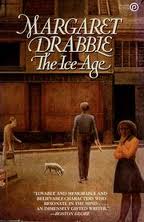 The Ice Age by Margaret Drabble (1977). Drabble is a quietly dogged social novelist, and her books can be read collectively as a history of contemporary England’s soul.
The Ice Age by Margaret Drabble (1977). Drabble is a quietly dogged social novelist, and her books can be read collectively as a history of contemporary England’s soul.
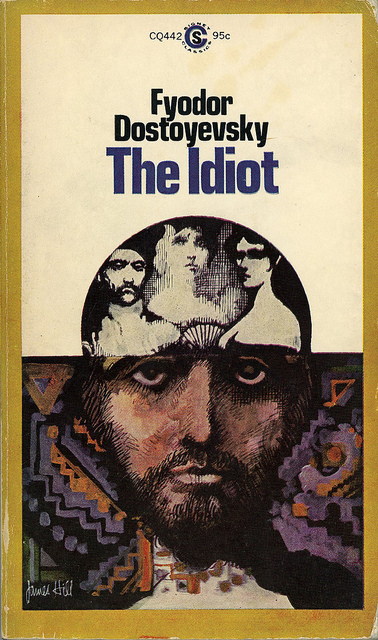 The Idiot by Fyodor Dostoevsky (1868). Prince Myshkin—epileptic, unworldly, sensitive—is the “idiot” of the title, but his gentle, generous nature forces readers to question that assumption. Myshkin (a scarcely disguised self-portrait of the author) tries again and again to help the people he encounters, only to have his efforts mocked or misunderstood.
The Idiot by Fyodor Dostoevsky (1868). Prince Myshkin—epileptic, unworldly, sensitive—is the “idiot” of the title, but his gentle, generous nature forces readers to question that assumption. Myshkin (a scarcely disguised self-portrait of the author) tries again and again to help the people he encounters, only to have his efforts mocked or misunderstood.
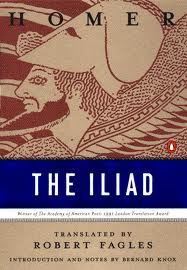 The Iliad by Homer (ninth century b.c.e.?). The glory and horror of war pulse through this epic poem about the thousand ships launched in battle after the Trojan prince Paris abducts the beautiful Helen from her husband Menelaus, the King of Sparta. Through exquisite language Homer tells of capricious Greek gods and goddesses, fealty and honor between friends, and the terror of war.
The Iliad by Homer (ninth century b.c.e.?). The glory and horror of war pulse through this epic poem about the thousand ships launched in battle after the Trojan prince Paris abducts the beautiful Helen from her husband Menelaus, the King of Sparta. Through exquisite language Homer tells of capricious Greek gods and goddesses, fealty and honor between friends, and the terror of war.
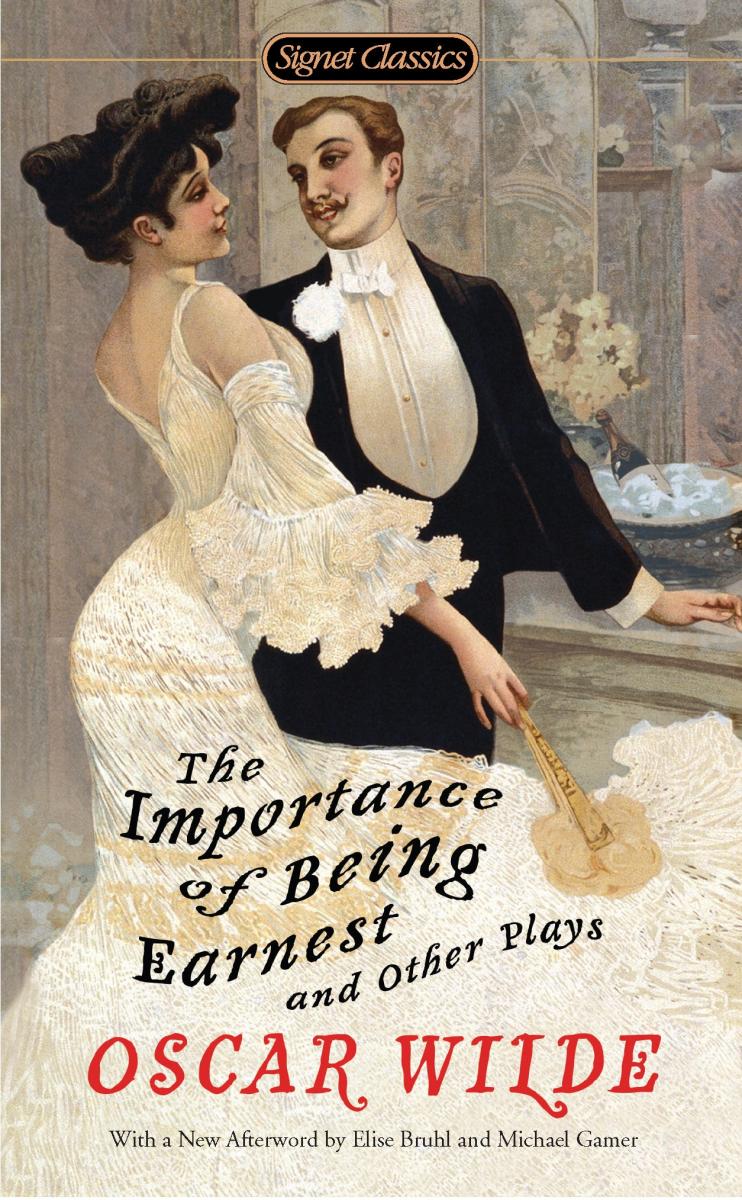 The Importance of Being Earnest by Oscar Wilde (1895). “The truth is rarely pure and never simple,” one character remarks in Wilde’s clever comedy about double identities.
The Importance of Being Earnest by Oscar Wilde (1895). “The truth is rarely pure and never simple,” one character remarks in Wilde’s clever comedy about double identities.
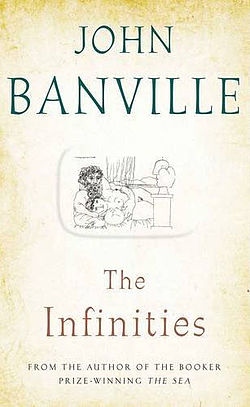 The Infinities by John Banville (2009). On a languid midsummer’s day in the countryside, the Godley family gathers at the bedside of Adam, a renowned mathematician and their patriarch. But they are not alone in their vigil.
The Infinities by John Banville (2009). On a languid midsummer’s day in the countryside, the Godley family gathers at the bedside of Adam, a renowned mathematician and their patriarch. But they are not alone in their vigil.